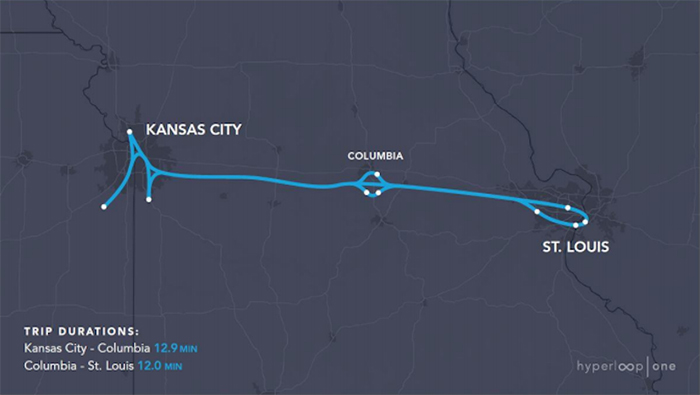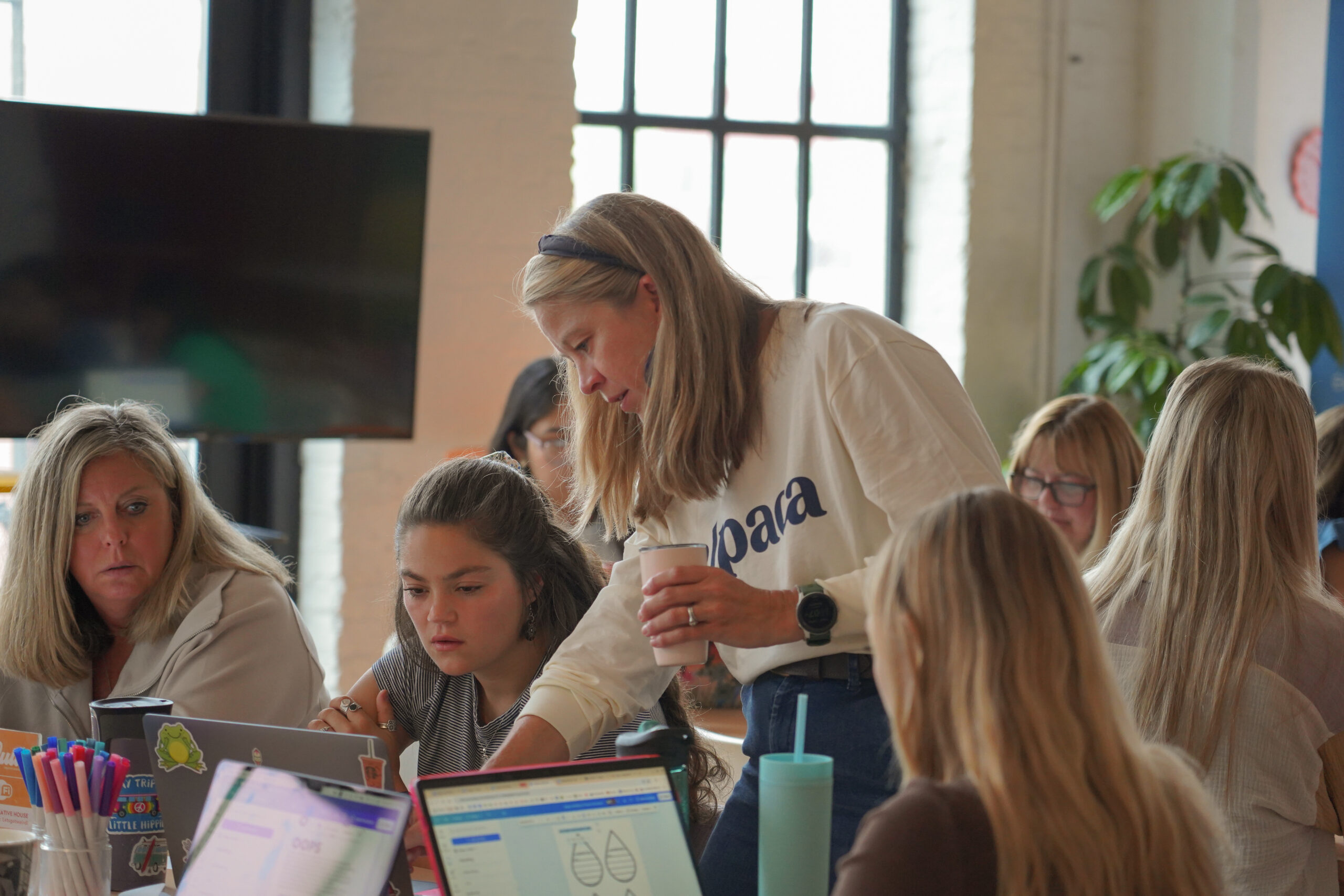Anyone who tells you Kansas City baseball is preferable to what you’ll experience at Busch Stadium in St. Louis is profoundly misguided, or a biased lifelong resident of Kansas City. Anyone who tells you the BBQ you’ll find in St. Louis is preferable to what you can get at Arthur Bryant’s in Kansas City is also profoundly misguided, or a biased lifelong resident of St. Louis.
However, if the new Missouri Hyperloop Coalition succeeds, you won’t have to choose between Kansas City BBQ and St. Louis baseball.
You’ll be able to experience both in the same day.
The Coalition is a partnership between the Missouri Department of Transportation, the St. Louis Regional Chamber, the KC Tech Council, the University of Missouri System, and the Missouri Innovation Center to bring the high-speed transportation system known as the Hyperloop to Missouri. The proposed St. Louis-Kansas City route would be built along I-70 and make the commute between the two largest metropolitan areas in the Silicon Prairie less than 25 minutes.
Which is awesome, if you don’t want to choose between Kansas City BBQ and St. Louis baseball.
Of course, there are more important reasons to build the first Hyperloop route across Missouri. To begin with, it would connect important centers of agriculture, Agtech, multiple major research universities, and two of America’s fastest growing centers of entrepreneurship and innovation. The route would also turn something frequently cited as a negative in the region into a positive.
What do I mean?
One of the advantages Silicon Valley has—besides a multi-decade head start—is density. You can walk from one major tech company to another, or from an incubator to a venture capital firm. We don’t have that advantage here in the vast middle of America. The entrepreneurial ecosystem in the Midwest and Great Plains is widely dispersed. Individual cities are separated by hundreds of miles, not to mention a lot of corn and soybean fields. Even in the digital age, that makes it harder to connect a promising startup in Kansas City to a potential investor in St. Louis.
The construction of a Hyperloop route could turn all that wide open space into a strategic advantage.
In other words, figuring out how to transport people in a fast, cheap, environmentally friendly way is a global challenge—and it is far easier to do in a sparsely populated area. Building a Hyperloop to connect Los Angeles and San Francisco or New York and Washington, D.C., certainly makes sense, but doing that will require displacing more people, disrupting more businesses, and dealing with a far greater amount of red tape and local politicians.
Cities and regions don’t become hubs of specific industries or technologies by accident. Silicon Valley became Silicon Valley because engineers came to work for companies in the defense industry. The defense industry itself has a strong presence on the West Coast because it is a coast, and coasts are where conflicts usually occur.
The Silicon Prairie can become the center of high-speed, innovative transportation technology specifically because we have space between cities to build the Hyperloop. Like other regions that are the center for specific technologies, an entire ecosystem of innovators, entrepreneurs, and technical talent will follow. Further, the builders and supporters of Hyperloop are likely to see the most immediate economic impact from a route connecting Kansas City and St. Louis.
Why? Recent census data shows median household incomes are rising disproportionately faster on the coasts than elsewhere in America. That means that while a Los Angeles-San Francisco Hyperloop will move a lot of people, it will likely have a more immediate economic impact in cities where incomes aren’t rising as fast.
Put another way, building the Hyperloop here in the Silicon Prairie will make a big, big difference. It will establish a model for how transportation innovation can play an important role in strengthening the economies of cities and regions outside of the coasts.
And, if the Missouri Hyperloop Coalition succeeds, that experiment will begin with a route between St. Louis and Kansas City.
__
Dustin McKissen is a consultant based in St. Charles, Missouri. He’s a two-time LinkedIn Top Voice and a columnist for Inc. and CNBC.








5 responses to “Coalition forms to develop Kansas City-St. Louis Hyperloop route”
[…] is also the University of Missouri, some of the nation’s most productive farmland, and — if the Missouri Hyperloop Coalition succeeds — potentially the world’s first Hyperloop […]
[…] the University of Missouri, some of the nation’s most productive farmland, and — if the Missouri Hyperloop Coalition succeeds — potentially the world’s first Hyperloop […]
[…] the University of Missouri, some of the nation’s most productive farmland, and — if the Missouri Hyperloop Coalition succeeds — potentially the world’s first Hyperloop […]
[…] is also the University of Missouri, some of the nation’s most productive farmland, and — if the Missouri Hyperloop Coalition succeeds — potentially the world’s first Hyperloop […]
[…] the University of Missouri, some of the nation’s most productive farmland, and — if the Missouri Hyperloop Coalition succeeds — potentially the world’s first Hyperloop […]